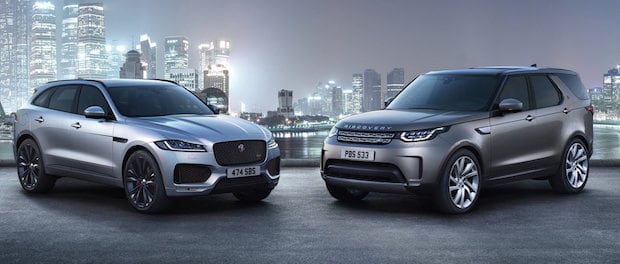The Zhejiang Geely Holding Group is reportedly bidding for a 51% stake in Malaysia’s Proton Holdings, the owner of the Proton and Lotus brands. The current owner is DRB-Hicom, one of the country’s largest automotive conglomerates, which has long been looking for a “strategic partner” for Proton Holdings.
Zhejiang Geely currently owns the Geely Auto, Volvo, and the Lynk & Co. brands.
The main contender for the stake in Proton Holdings is the PSA Group, owner of the Peugeot and Citroen brands, and partly owned by China’s Dongfeng Motors. PSA however might be too busy at the moment with acquiring Opel from general Motors. Other bidders are said to be Suzuki Motor and Renault.
DRB-Hicom has stated that it expects to announce a decision in the first half of this year, but also said the sale is a “complex process”.
Proton is the largest car maker in Malaysia with exports to Southeast Asia and limited exports to the rest of the world. It currently manufactures eight model lines with poetic names like the Ertiga, the Perdana, and the Suprima.
Lotus Cars is one of the most famous sportscar makers in the world, which sadly has never been able to convert that fame into cash. Lotus has had many owners over its long life and became part of Proton in 1996. It currently manufactures four model lines; the Elise, the Evora, the Exige, and the 3-Eleven.
Lotus Cars owns Lotus Engineering, a successful automotive engineering consultancy firm with offices in China, Malaysia, and the United States. It advises third-party companies, mostly active in the automotive industry, on subjects such as lightweight architectures and driving dynamics.
Lotus’ history with China is somewhat troubled. In the early 2000’s Proton reached an agreement with Goldstar Heavy Industries to build an SUV in China based on the Lotus APX concept car. The deal fell apart when the joint venture failed to secure a production license.
Proton tried again in 2007 when they agreed to a joint venture with China Youngman Automobile. Initially, the company manufactured Proton cars re-branded Youngman-Lotus. Later on the joint venture started to develop its own cars based on Proton platforms. They also showed an attractive SUV but it never reached the market, and plans for a new MPV came to naught as well. The joint venture was disbanded in 2015 due to disappointing sales.
Proton, however, refused to give up and signed another SUV-making deal the same year, with none other than its former partner Goldstar. Last year the company announced the production of a Porsche Cayenne rival SUV would start in 2019. However, this new Proton-Goldstar joint venture has not been able to score a production license either. Old partners; old problems.
In the meantime, British Lotus, the sports car maker, officially arrived in China in 2011. They had to go for a new Chinese name because their original name was snapped up by none other than its then-partner Youngman Automobile. This sort of thing happens in China… Sales have been slow from the very beginning because Chinese car buyers don’t really get the concept of paying a lot of money for a bare-bones car with a manual gearbox. The Elise, for example, costs 500,000 yuan, or $72,600. As of today, Lotus operates just one dealer in the whole of China.
Note: Parts of this article originally appeared in Forbes.




